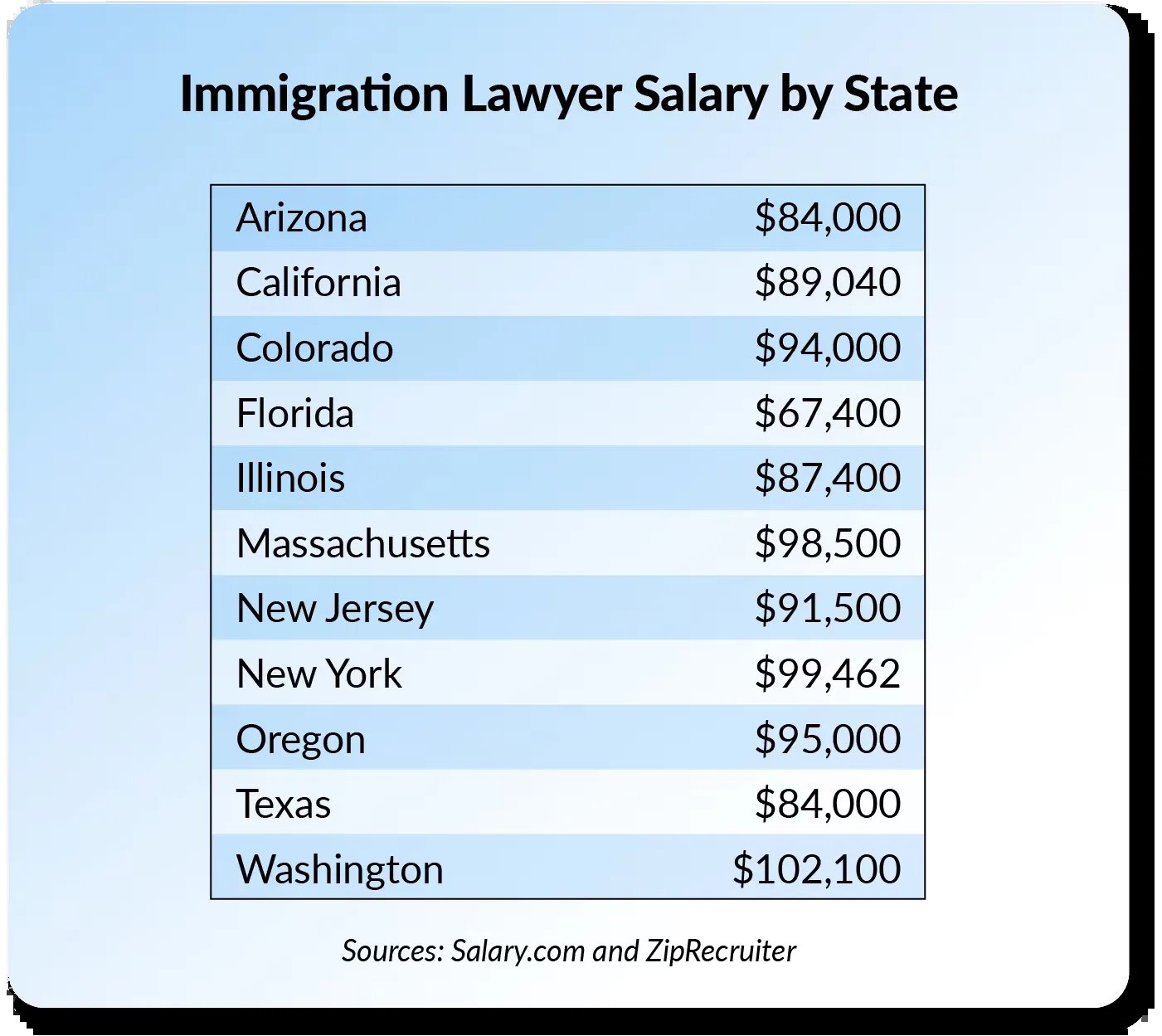Immigration salary directly impacts job seekers and employers alike, shaping the economic landscape for both. Understanding how immigration status can impact salary negotiations is crucial in today’s diverse workforce. Research indicates that immigrants often experience wage disparities compared to non-immigrant peers. By exploring the nuances of immigration salary, individuals can navigate potential challenges and leverage opportunities for fair compensation. Stay tuned as we delve deeper into this important aspect of the job market.
Understanding Immigration Salary: A Guide to Earning and Living in a New Country
Welcome, future globetrotters! Are you dreaming of moving to a new country to start a fresh chapter in your life? One of the essential factors to consider when immigrating is your potential salary in the new land. In this comprehensive guide, we will dive deep into the world of immigration salary, exploring everything you need to know about earning and living in a different country.
What is Immigration Salary?
Before we delve into the details, let’s first understand what immigration salary actually means. Immigration salary refers to the amount of money you can potentially earn in a foreign country as an immigrant. It takes into account various factors such as the job market, cost of living, and your qualifications.
Factors Affecting Immigration Salary
When considering immigrating to a new country, it’s crucial to understand the different factors that can impact your potential salary. Let’s take a closer look at some of these key factors:
1. Job Market
The job market in the new country plays a significant role in determining your immigration salary. Some countries may have a high demand for certain skills, leading to higher salaries in those specific fields.
2. Qualifications and Experience
Your qualifications and work experience can also influence your potential salary in a new country. Highly skilled professionals with in-demand expertise are likely to command higher salaries compared to those with less experience.
3. Cost of Living
The cost of living in the new country is a crucial factor to consider when assessing your immigration salary. A higher cost of living may require you to earn more to maintain a comfortable lifestyle.
Researching Immigration Salaries
Now that you understand the factors that can impact your immigration salary, it’s time to start researching. Conducting thorough research on the job market, average salaries, and cost of living in your desired country can help you make an informed decision.
Strategies for Negotiating Immigration Salary
When applying for jobs in a new country, it’s essential to have a clear strategy for negotiating your immigration salary. Here are some tips to help you negotiate effectively:
1. Know Your Worth
Before entering negotiations, make sure you have a good understanding of your skills, qualifications, and the value you can bring to the table. This knowledge will give you the confidence to negotiate for a competitive salary.
2. Research Market Rates
Researching market rates for your position in the new country can give you valuable insights into what to expect in terms of salary. Use this information to support your negotiation efforts.
3. Be Flexible
While it’s important to know your worth, being flexible during negotiations can also be beneficial. Consider factors such as benefits, work-life balance, and career development opportunities in addition to salary.
Living on an Immigration Salary
Once you’ve secured a job and settled into your new life in a different country, it’s essential to manage your immigration salary wisely. Here are some tips for making the most of your earnings:
1. Create a Budget
Developing a budget that takes into account your expenses, savings goals, and lifestyle choices can help you manage your immigration salary effectively.
2. Save for the Future
Setting aside a portion of your salary for savings and investments can provide financial security and help you achieve your long-term goals.
3. Adapt to the Local Culture
Embracing the local culture and customs can not only enrich your experience but also help you navigate daily life more efficiently, potentially saving you money in the long run.
Immigrating to a new country is an exciting and rewarding experience, but it’s essential to consider the implications for your immigration salary. By understanding the factors that can impact your earnings, researching market rates, and negotiating effectively, you can set yourself up for success in your new home. Remember, managing your immigration salary wisely and embracing the opportunities in your new country can lead to a fulfilling and prosperous life abroad. Best of luck on your immigration journey!
UK's Shortage Occupation List 2025 | UK's Immigration Salary List
Frequently Asked Questions
What factors determine the salary for immigrants in the United States?
The salary for immigrants in the United States is determined by various factors such as the individual’s qualifications, skills, experience, the demand for their occupation, and local cost of living. Employers typically offer salaries based on market rates and the value of the immigrant’s contributions to the organization.
Is there a minimum salary requirement for immigrants applying for work visas in the United States?
Yes, certain work visas in the United States require employers to pay immigrant workers the prevailing wage, which is determined based on the job position and location. Employers must ensure that the offered salary meets or exceeds the prevailing wage to comply with visa regulations.
Can immigrants negotiate their salary with employers in the United States?
Yes, immigrants in the United States have the right to negotiate their salary with employers. It is recommended for immigrants to research industry standards, cost of living in the area, and their own qualifications before entering negotiations. Effective communication and understanding of the job market can help immigrants secure competitive salaries.
Final Thoughts
In conclusion, immigration salary plays a crucial role in attracting and retaining skilled workers. Competitive wages can significantly impact an immigrant’s decision to move abroad for work. Employers must offer fair compensation to ensure a successful integration process. Ultimately, a balance between immigration policies and salary incentives is essential for driving economic growth.




